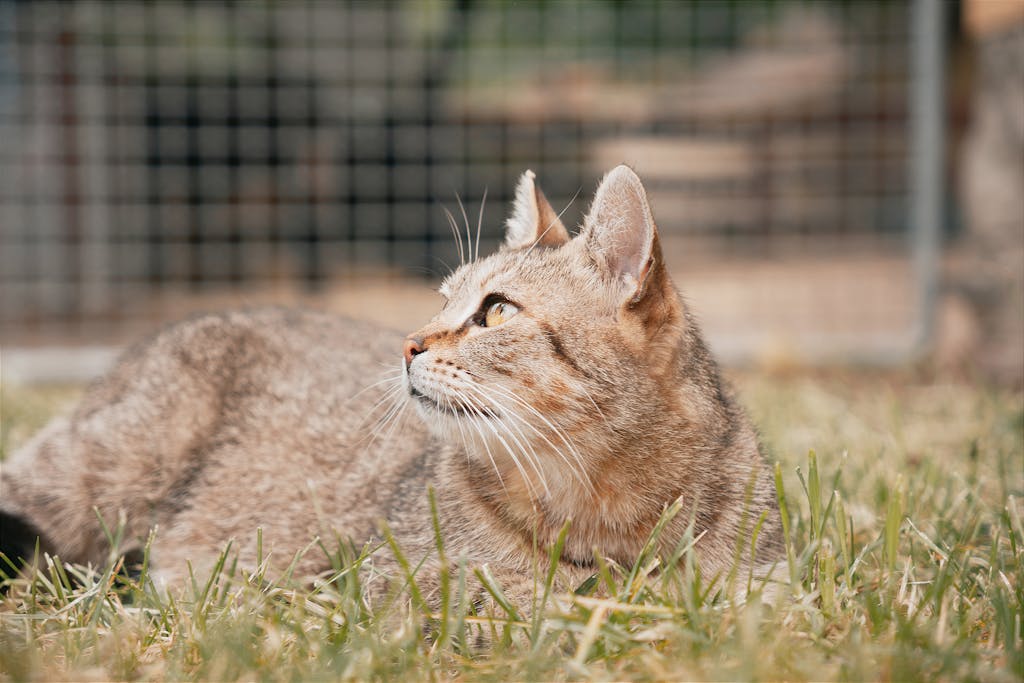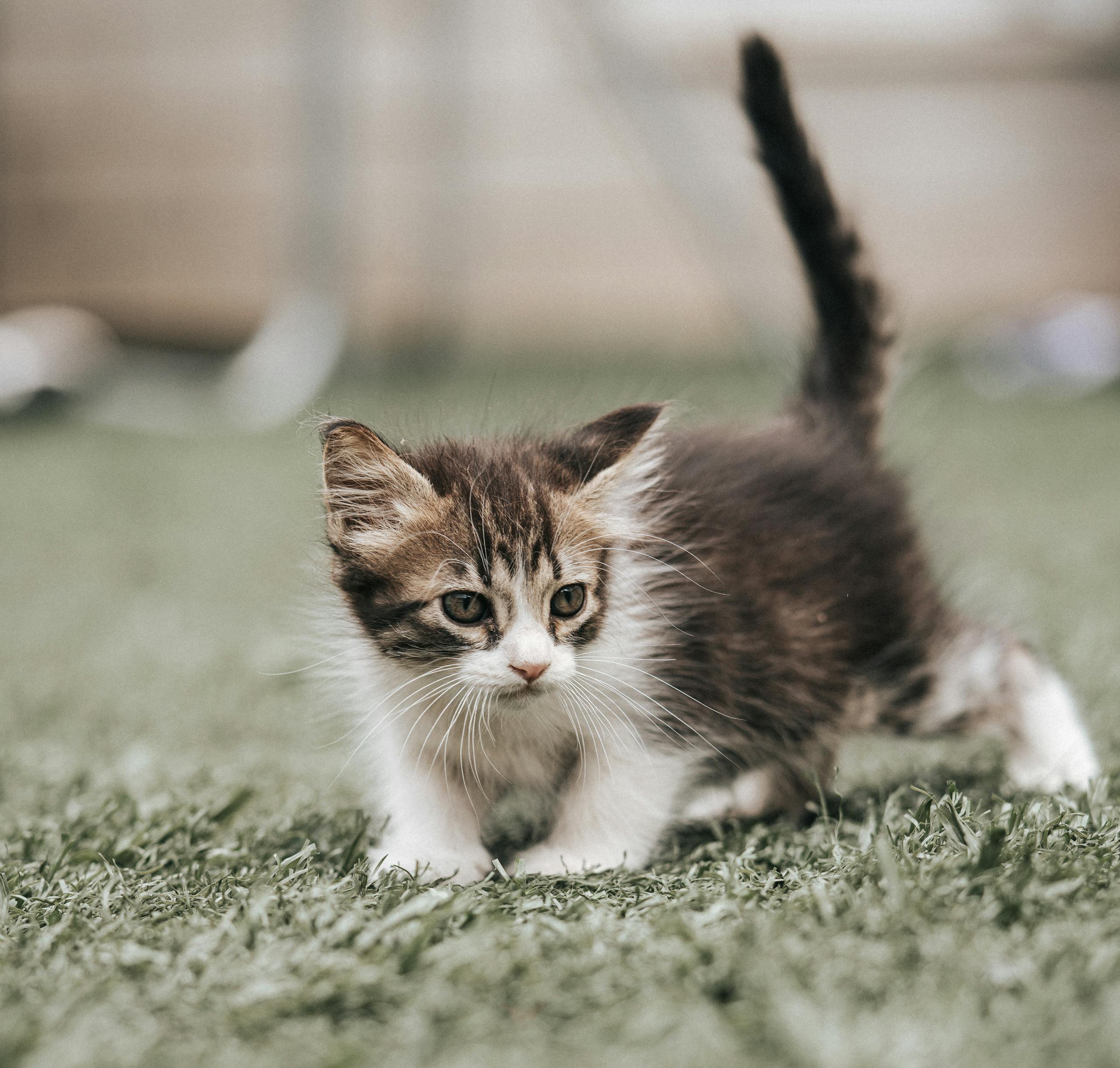Cat Urine Health Risks – The Truth Behind the High Claims!
You might have heard some bizarre claims online about can you get high from cat pee? It’s the type of strange topic that stirs curiosity, humor, and even some alarm.
Could something as everyday as cat urine have a hidden, mind-altering secret? Or is it just another internet myth spiraling out of control?
Let’s dive deep into the science, risks, and truth behind this odd question.
Key Takeaways:
- What happens if cat urine gets on you – Is it harmful, and what should you do?
- How fast can you get high from cat pee – Separating fact from fiction on this viral claim.
- Can cat pee make you sick? – Health concerns with prolonged exposure.
- Is cat urine dangerous enough to kill you? – Serious risks associated with ammonia.
- Long-term exposure to cat urine – How consistent contact can affect health.
What Happens If You Get Cat Urine on You?
If cat urine gets on you, the immediate concern is the strong smell due to ammonia. While cat pee won’t cause immediate harm, it can irritate your skin, leading to rashes if left for a prolonged period.
Ammonia can also cause discomfort if inhaled in large quantities, leading to respiratory irritation. It’s best to wash the affected area immediately with soap and water to remove any odor and avoid irritation.
How Fast Can You Get High from Cat Pee?
The idea about can you get high from cat pee is unfounded according to science. This belief likely originated from online reports.
In poorly ventilated spaces, the strong ammonia smell from cat urine can cause dizziness or lightheadedness, although this is simply due to the strong odor and has no psychoactive effects.
Therefore, you will not get high from exposure to cat urine, even though you may feel uncomfortable. Rather than feeling euphoric, the sensation is more like a burning sensation or pain.
Can Cat Pee Make You Sick?
That’s true—especially if you’re exposed to it for an extended period of time. Ammonia included in cat pee can irritate the eyes, nose, throat, and possibly lead to respiratory issues.
In severe situations, exposure to elevated ammonia levels from cat pee can result in more serious conditions like pneumonia, bronchitis, and even respiratory collapse if treatment is not received.
Old cat pee can also include dangerous bacteria, which raises the possibility of diseases. Cat poop can pose major health hazards in enclosed areas if it is allowed to build up, particularly for young children, the elderly, or those with compromised immune systems.
Can Cat Urine Kill You?
While the chances are low, prolonged exposure to high concentrations of cat urine can lead to ammonia poisoning, which can be fatal in extreme cases. Ammonia in large amounts can severely irritate your lungs and cause respiratory distress.
However, regular household exposure to cat pee is unlikely to be lethal. The key is maintaining proper hygiene, ventilating spaces, and cleaning up any urine quickly to prevent the ammonia levels from building up to dangerous levels.
Symptoms of Ammonia Poisoning from Cat Urine
Ammonia poisoning from cat urine exposure can present several symptoms. These include:

- Eye, nose, and throat irritation: Burning sensations, coughing, and wheezing are common.
- Breathing difficulties: High levels of ammonia can cause rapid breathing, tightness in the chest, or shortness of breath.
- Dizziness and headaches: The smell of ammonia can make you feel lightheaded, especially in enclosed spaces.
- Skin rashes: If cat urine comes into contact with your skin and isn’t washed off, it can cause irritation, redness, and itching.
- Nausea: Prolonged exposure to strong ammonia fumes may cause nausea or vomiting. If you notice these symptoms and believe they are due to prolonged exposure to cat urine, it’s essential to seek fresh air immediately and consult a healthcare professional.
How Does Long-Term Exposure to Cat Urine Affect Health?
Cat urine includes ammonia, which can cause persistent respiratory difficulties. Living in regions where cat urine is not properly cleaned up increases the risk of having bronchitis, asthma, or pneumonia.
Over time, the strong fragrance can cause headaches, nausea, and dizziness. Furthermore, extended contact might exacerbate symptoms for those already suffering from respiratory disorders like asthma.
See also Are Orchids Safe for Cats?
Urine can cause respiratory problems and promote the growth of mold, mildew, and bacteria. All of these can harm your health.
Does Smelling Cat Pee Hallucinations Happen?
There’s no scientific evidence to suggest that smelling cat pee can cause hallucinations.
However, high concentrations of ammonia from cat urine can make people feel lightheaded, dizzy, or nauseous, which might be mistaken for disorientation or confusion.
This effect is more about respiratory irritation rather than actual hallucinations. If you experience any strange symptoms after smelling cat pee, it’s likely due to the overwhelming odor, not any psychoactive effect.
Can You Get High from Cat Pee FAQs
What if your cat urinates on you?
To prevent irritation and odor, wash the afflicted area right away with soap and water.
How potent is cat urine?
Cat urine contains strong ammonia, which can be irritating to the nose, eyes, and lungs.
What is cheesing cats?
“Cheesing” refers to a fictional trend depicted in pop culture where people allegedly get high from cat urine—this is entirely a myth.
What is a high-peeing cat?
A cat that frequently pees high up in its litter box or outside of it may be marking territory or experiencing health issues.
Is cat’s urine toxic?
In large quantities, cat urine can be toxic due to its high ammonia content.
What is a cat high like?
Cats don’t get high, but exposure to substances like catnip may make them playful or relaxed.
Is cat pee smell bad for humans?
Yes, the strong ammonia odor can cause irritation and discomfort if inhaled for too long.
What are the side effects of cat urine?
Side effects can include respiratory irritation, headaches, and nausea due to ammonia.
Final Thoughts
The myth about can you get high from cat pee is largely based on misinformation. While the strong ammonia scent can cause dizziness and other discomforts, there is no evidence to suggest that cat pee has psychoactive properties.
However, prolonged exposure to cat urine can pose serious health risks, including ammonia poisoning and respiratory issues. It’s essential to clean up cat urine promptly and ensure good ventilation to avoid health hazards.
See also Can Your Cat Catch Lice from You?
Ultimately, your focus should be on maintaining a clean and safe environment for both you and your cat.







